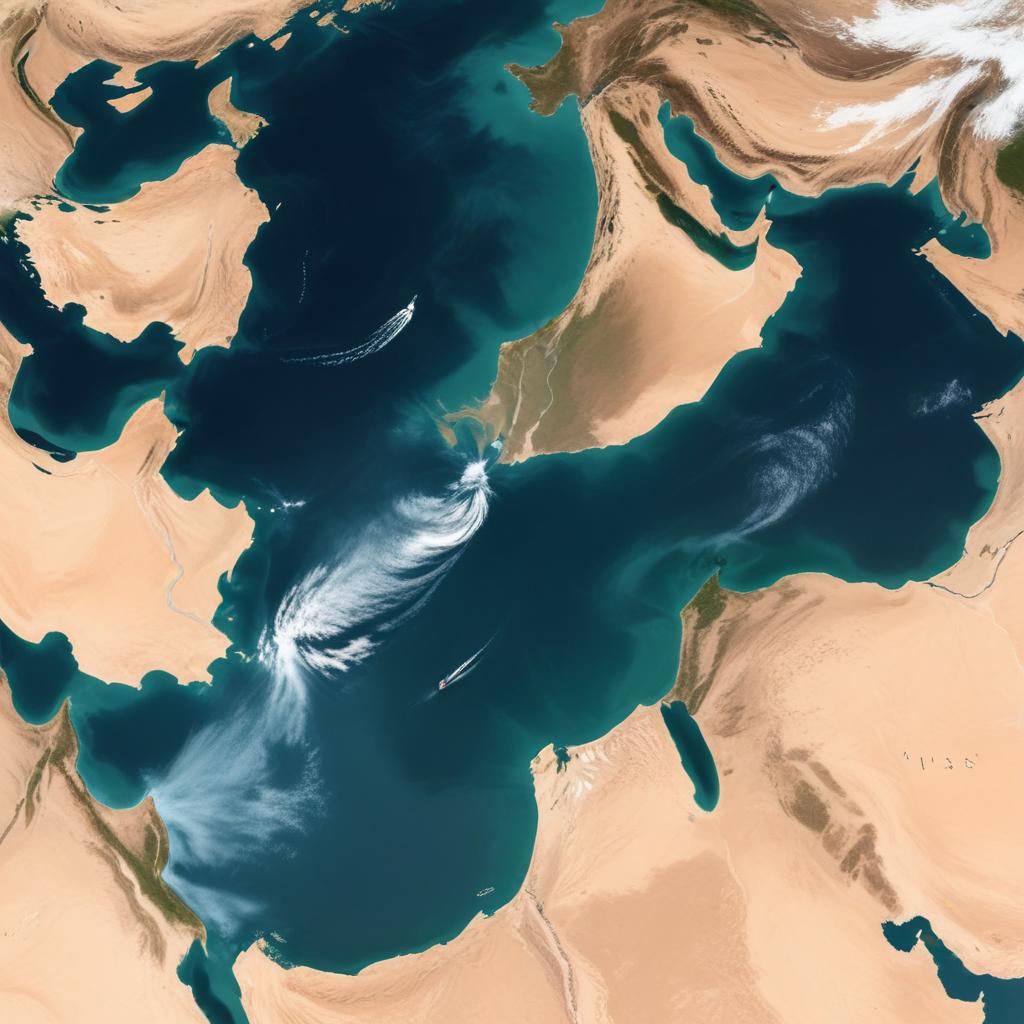Following US airstrikes on Iranian nuclear facilities, Iran threatens to close the Strait of Hormuz, a critical oil chokepoint, sending oil prices surging and raising global economic concerns.
Recent attacks on Iran by Israel and the US have caused oil futures to surge by approximately 10%, driven by fears of Iranian retaliation that could disrupt shipping through the Strait of Hormuz. This waterway, a critical chokepoint for global oil transport, carries about 20 million barrels of oil daily—roughly one-fifth of global production. Following US airstrikes, Brent crude briefly exceeded $80 per barrel, its highest point since January. Experts warn that a closure of the Strait could send prices towards $100 per barrel, significantly impacting the global economy. While an Iranian official threatened closure, others see it as a remote risk, citing the presence of a strong US naval fleet and the potential negative consequences for Iran. The Strait's narrow navigable lanes, particularly for supertankers, exacerbate the risk. Asian economies, particularly China, are heavily reliant on oil from the Strait, while the US and Europe import comparatively less. India has reassured investors that it has diversified its oil supplies.



